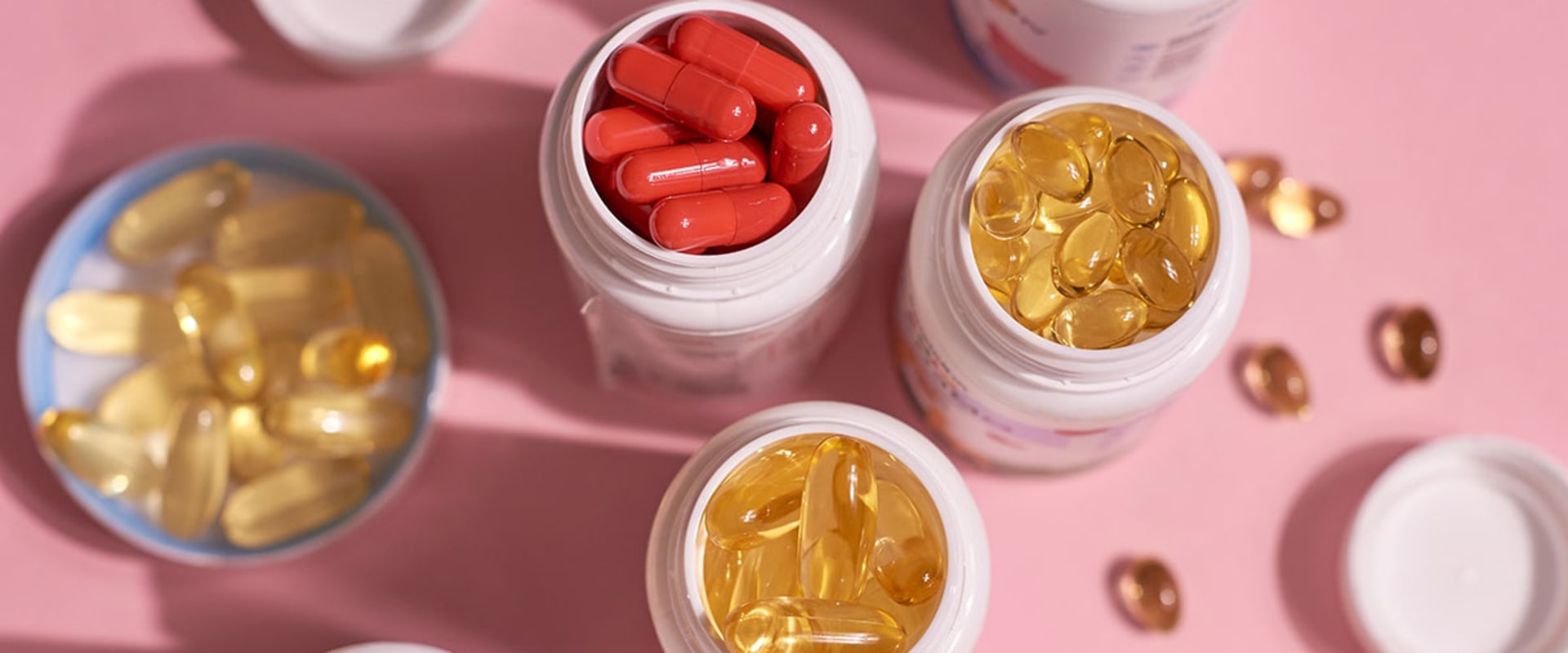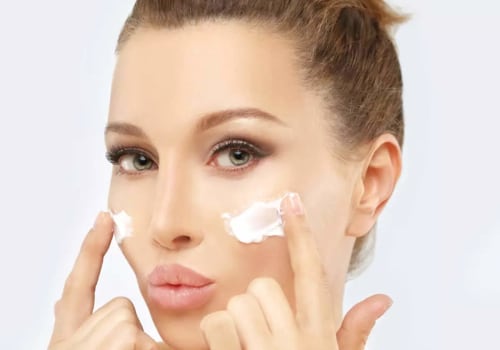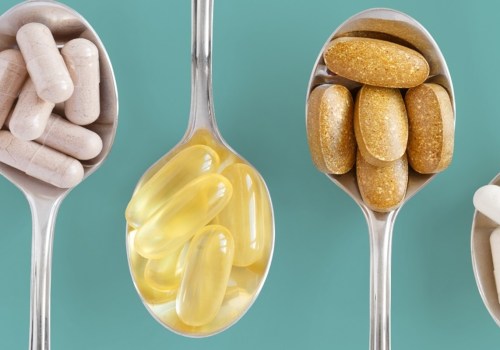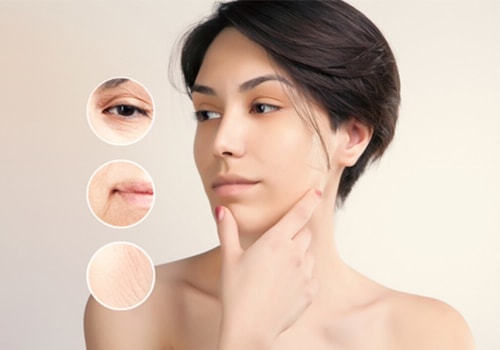As we age, many of us look for ways to slow down the process and maintain our youthful appearance. While there are a variety of anti-aging treatments available, such as creams and serums, some people are turning to nutricosmetics and other supplements to help them look and feel younger. But are these supplements safe to take? In this article, we'll explore the potential benefits and risks of taking anti-aging supplements. Vitamin E is one of the most widely studied anti-aging supplements. Studies have suggested that it can help inactivate free radicals, reducing the chances of them causing harm.
Additionally, research has indicated that vitamin E applied topically can reduce damage caused by exposure to the sun and limit the production of cancer-causing cells. However, more research is needed to determine if taking vitamin E orally can prolong life. Carnitine is an amino acid that is important for transporting long-chain fatty acids to cells. Studies have shown that carnitine may improve some key markers of aging, specifically cardiovascular disease. Nicotinamide riboside (NR) has also been studied in mice and has shown potential for anti-aging effects.
However, there have been few human studies on NR and more research is needed to clarify conflicting results and to see if it can improve immune function. Quercetin is a plant-based polyphenol that could be useful for boosting the immune system. The results are somewhat mixed, but at least in some studies, quercetin was associated with fewer sick days due to upper respiratory tract infections and lower rates of illness after exercise. More clinical studies in humans are needed to further explore these potential benefits. Coenzyme Q10 (CoQ) is an essential part of the mitochondria (the energy source of our cells). CoQ10 levels tend to decrease with age and CoQ10 supplementation is associated with a number of potential benefits, such as improved mitochondrial function and antioxidant and anti-inflammatory effects.Saw palmetto supplements are generally considered safe for internal intake, however, they are not without side effects, such as headache and nausea.
It's important to note that saw palmetto can change hormone levels when taken orally as a supplement, so it would be best to consult your doctor or avoid this ingredient if you are pregnant, breastfeeding, or taking hormones as a regimen. Retinol products can promote younger looking skin when applied topically by helping to reduce the appearance of fine lines and promote collagen production. However, retinol should never be taken as an oral supplement as the body cannot synthesize it properly in that form. Good sources of vitamin A (the main component of retinoids) include liver, milk, egg yolks, and fatty fish. Collagen supplements have become increasingly popular in recent years as a way to slow down the aging process. Fewer studies have been conducted evaluating the effect of topical collagen on the aging process compared to studies conducted with oral collagen supplements.
Therefore, more epidemiological and interventional studies with large samples and mandatory follow-up appointments are requested to evaluate the effectiveness of topical collagen-containing compounds on wrinkled and aging skin. Before taking any nutricosmetic or other supplement, it's important to consult your doctor since the FDA doesn't regulate supplements the way it does with medications. Nutricosmetics anti-aging supplements may be right for you to try but it's best to first research the ingredients of any supplement you plan to take orally.







